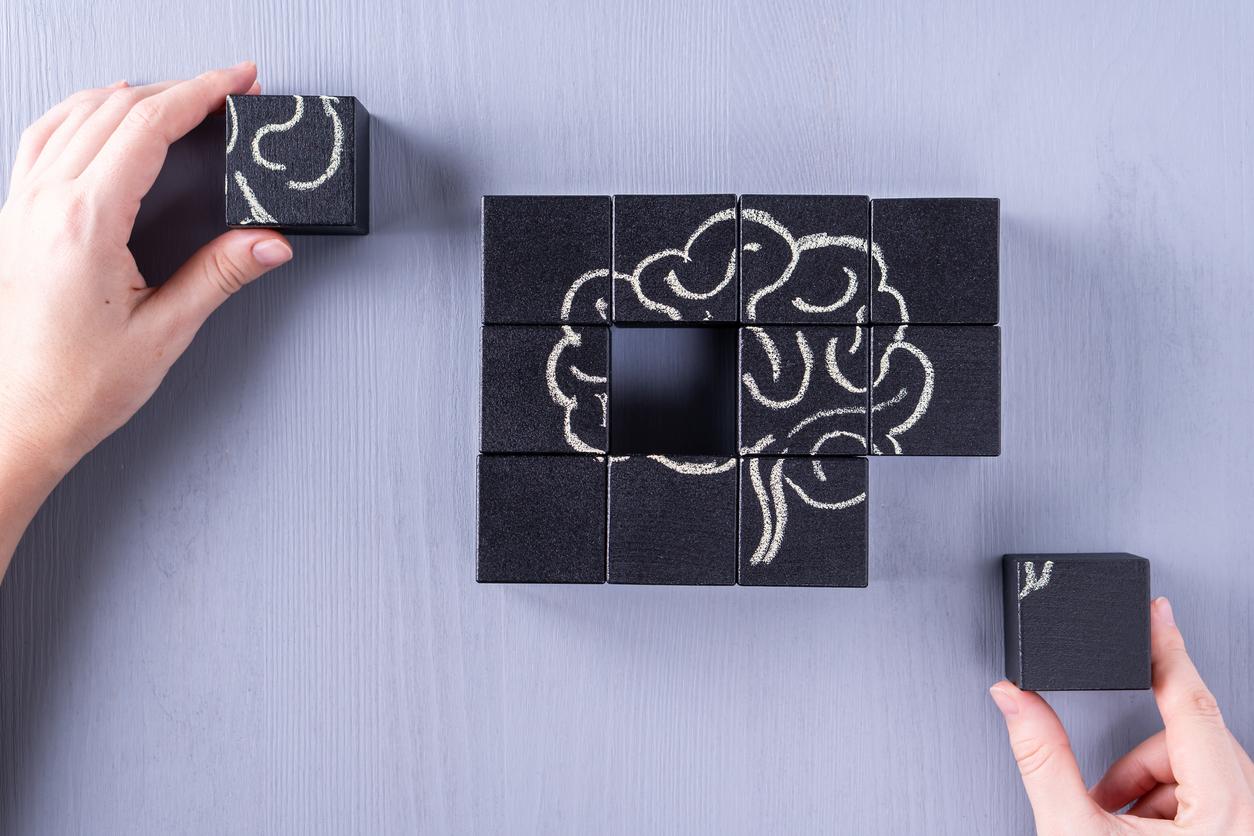Akin to mourning, a breakup can be just as psychologically traumatic.

If ending a romantic relationship pushes you to completely change your habits, it is also a source of much higher anxiety and stress than normal. The emotional charge felt can disturb to the point of feeling the symptoms of depression and psychotrauma.
What happens to the brain in the event of a rupture?
If the romantic relationship is often the source of positive emotions associated with attachment and pleasure, the breakup causes an increase in stress hormones such as cortisol or adrenaline and gives the impression of a state of permanent alert. The shock of loss can be so emotionally violent that it feels like real grief.
The loss of the other then generates symptoms of depression, such as sadness, loss of appetite, sleep disturbances and loss of interest, and symptoms of psychotrauma such as reliving, feeling alert and flashbacks at any time of the day and night. In some, the severity of the symptoms is such that it can lead to suicidal ideation.
How to overcome this trauma?
Conceiving the breakup as a traumatic bereavement can help to better understand the stages that characterize it, such as denial, anger, or sadness. This is why continuing to cultivate hope for a resumption of the relationship hinders this process necessary for resilience and ultimately acceptance.
To better detach yourself from the one you loved, it is better to refocus on yourself and find other sources of pleasure, whether with those around you, or in your personal or professional life. Proceeding to a symbolic “funeral” stage by returning his belongings, or by writing him a farewell letter or email for example, can also help to free himself from the relationship to better rebuild himself and move on one day to something else.
Find out more: “The Love Rupture” by Lisa Letessier, Odile Jacob editions.
.
















